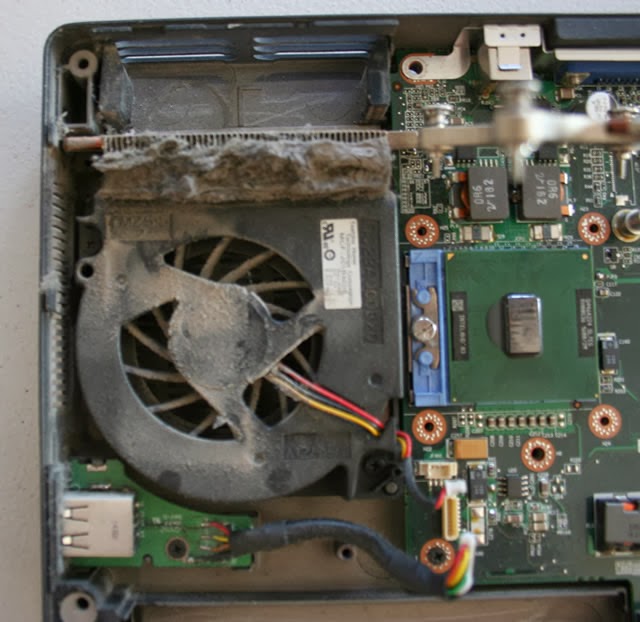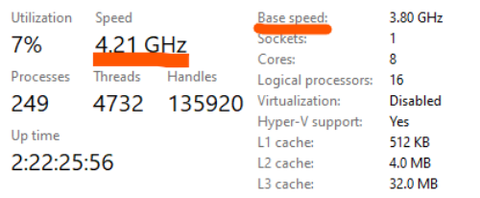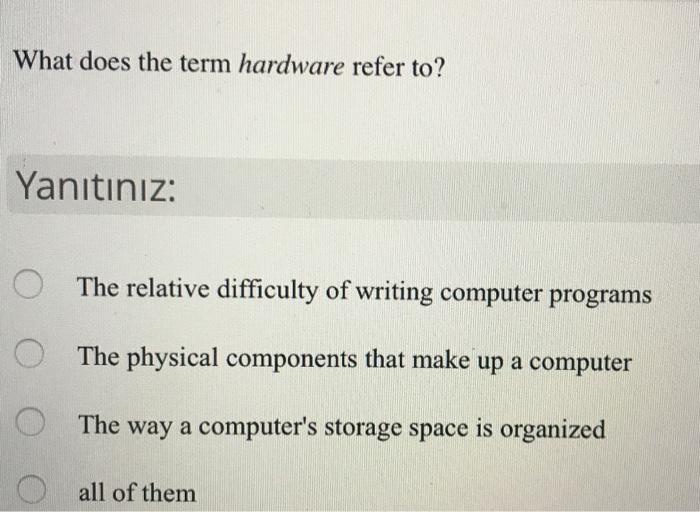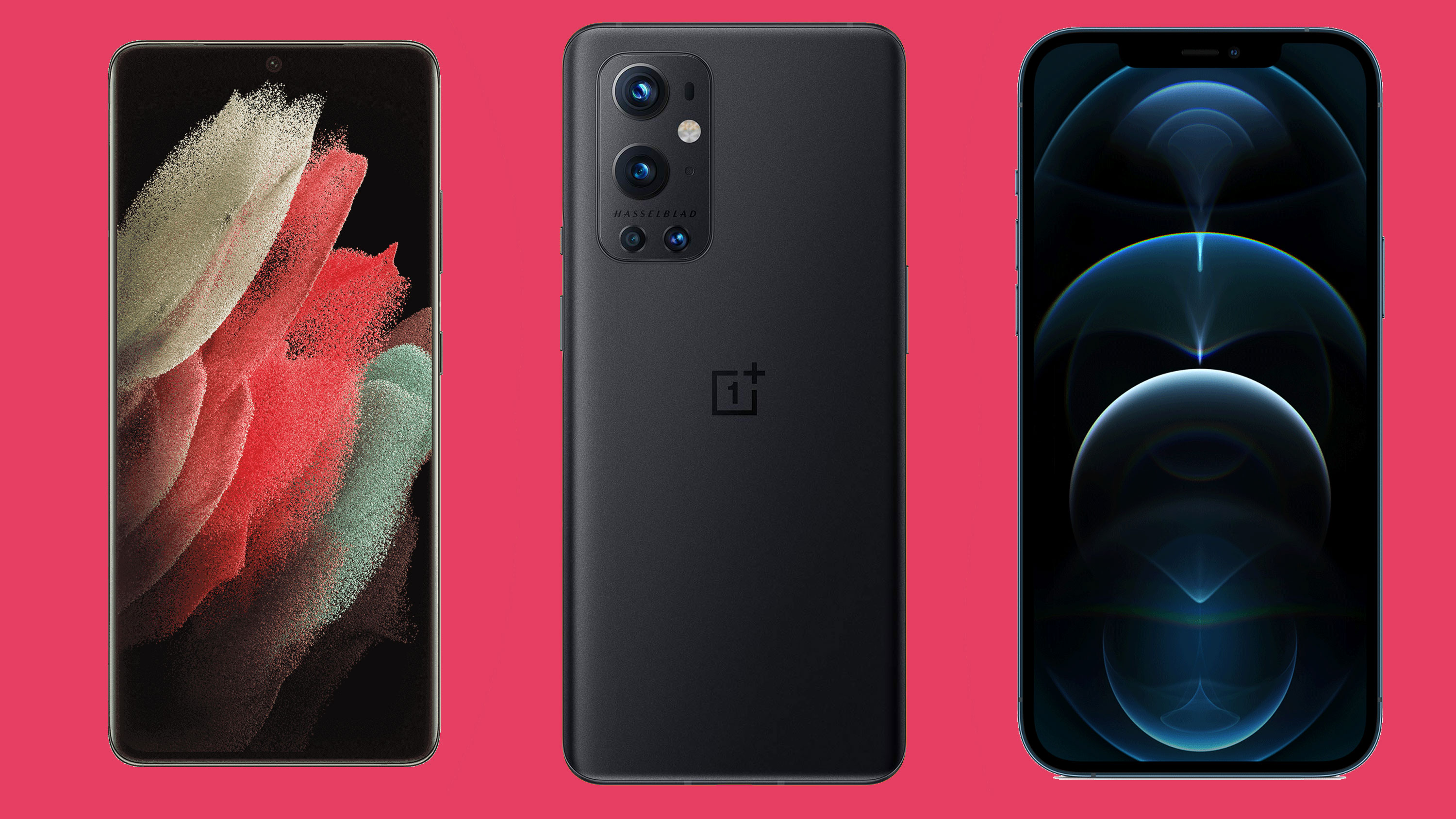The Cell Phone Signal Booster: An In-depth Analysis And Practical Guide
Introduction
Welcome to this comprehensive guide that serves to illuminate all aspects of cell phone signal boosters. From its definition, working mechanism, use-cases, to pros and cons – we cover it all. If you're grappling with poor cell phone signals and considering investing in a booster, this guide can provide invaluable insights to help you make an informed decision. We also shed light on optimization and installation and answer some of the most frequently asked questions.
What is A Cell Phone Signal Booster?
Imagine a gadget that strengthens your cell phone signals, enhancing them in your preferred space - be it your house, workplace, or car. That's what a cell phone signal booster or cell phone repeater does. Not only does it give you crystal-clear phone calls and rapid text messaging, but it also provides you with uninterrupted data usage.
Primarily useful in areas notorious for weak cell connectivity, a cell phone signal booster can significantly elevate the quality of your cell service. By capturing feeble signals, boosting them and redistributing the amplified signals around your area, a signal booster ensures a robust and stable cellular connection.
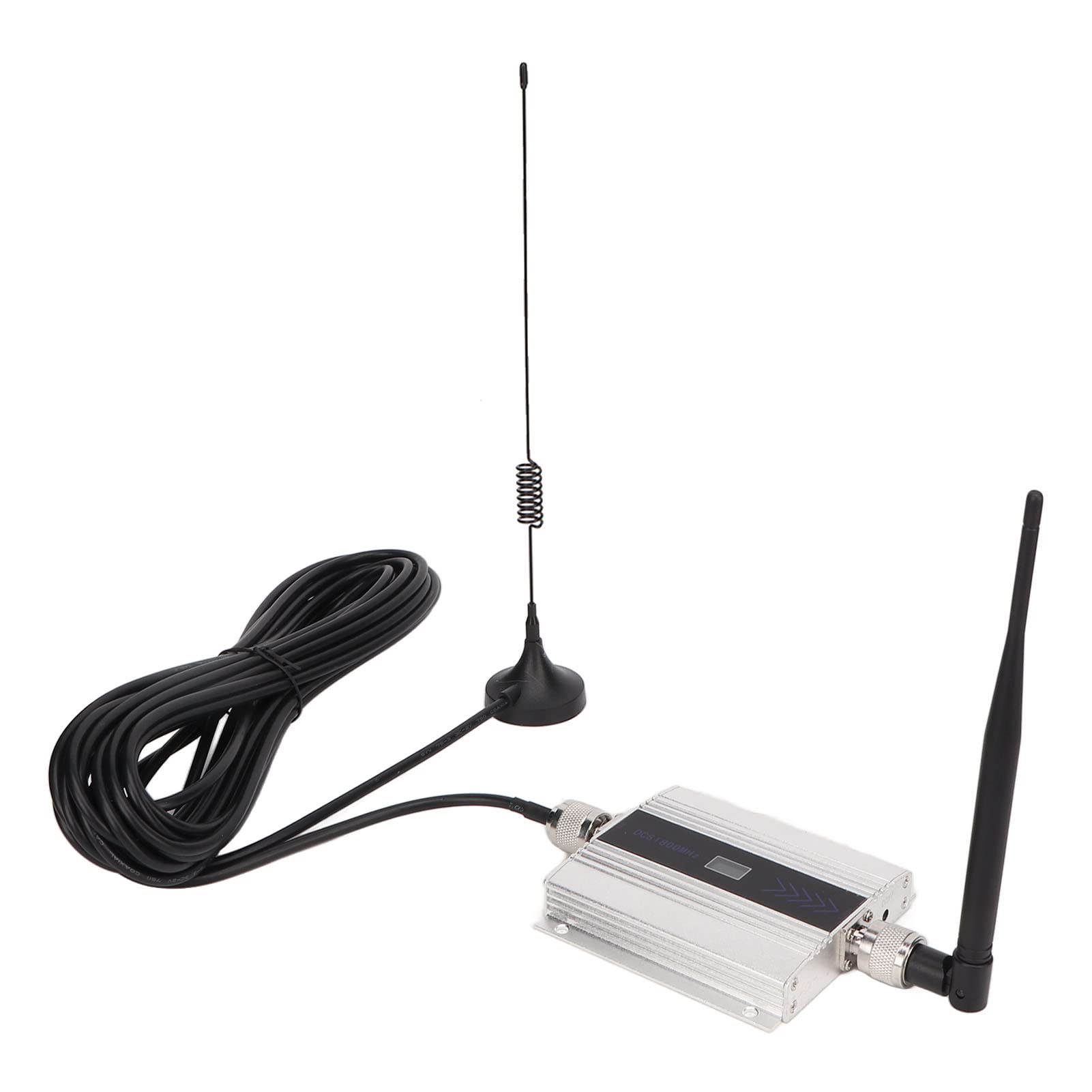
However, it's vital to note that a cell phone signal booster doesn't generate signals. Instead, it enhances the existing ones. The effectiveness of a signal booster relies on the initial strength of the captured signal by the external antenna – the stronger the input, the more powerful the output.
How Does a Cell Phone Signal Booster Work?
Ever wondered how a cell phone signal booster operates? The running of a cell phone signal booster is powered by three integral components that collectively contribute to its performance. Here's a step-by-step breakdown of how these components work together to strengthen your cell signals:
1. External Antenna: This is the first component that comes into play. The role of the external antenna is to capture the weak cell signal present outside from the closest cell tower.
2. Signal Amplifier: Once the weak signal is captured by the external antenna, it is passed on to the signal amplifier. As the name implies, the amplifier enhances or 'boosts' this weak signal, preparing it for redistribution.
3. Internal Antenna: After the signal has been amplified, it is the job of the internal antenna to broadcast this enhanced signal within a predefined area.
By doing so, the booster ensures that the cellular signal within its range of output is stronger and more dependable.
Do remember, a signal booster amplifies existing signals, not generating new ones. It can only boost what it receives. Thus, the strength of the output signal heavily relies on the input signal strength captured by the external antenna- the more potent the input, the stronger the output.
Where and When Do You Need a Cell Phone Signal Booster?
Do you reside or work in an area where cellular reception seems perpetually patchy? Or is your mobile forced to constantly search for a signal, draining its battery life faster than usual? If such issues persist, this is a prime indication that you might need a cell phone signal booster.
- Rural Areas: These locations often battle with poor signal quality due to the greater distance from the nearest cell towers. Signal boosters can come to the rescue, amplifying the weak signal they manage to receive from afar.
- Dense Constructed Spaces: If you live in a building with thick walls, or deep basements, the physical structure can obstruct signal propagation. A signal booster can improve the reception in such situations.
- Remote Regions: If your home or office lies at a significant distance from a cell tower, weak signals may be a constant vexation. A signal booster could serve to intensify these faint signals.
- High Cellular Demand Situations: In large families or bustling office spaces, where multiple devices seek to latch onto the cell network simultaneously, a booster can support improved connectivity.
In essence, you should consider investing in a cell phone signal booster if you frequently face issues like dropped calls, slow internet speeds, or poor voice quality due to weak cellular signals.
What Are The Advantages and Disadvantages of Using a Cell Phone Signal Booster?
Cell phone signal boosters boast numerous benefits and a few shortcomings. A better understanding of their pros and cons can help you make an informed decision about whether to invest in one.
Benefits of Using a Cell Phone Signal Booster
- Enhanced Signal Strength: A primary benefit is the improved signal strength. This translates to clearer calls and quicker text messages, ensuring smooth communication.
- Uninterrupted Data Services: Weak signals can limit your data services considerably. With a booster strengthening your signal, you can enjoy seamless internet browsing, video streaming, and online gaming.
- Extended Battery Life: Your phone's constant attempts to latch onto weak signals can drain its battery quickly. With strong signals courtesy of a booster, you can expect a noticeable improvement in your device's battery life.
- Multiuser and Wide-Area Compatibility: Signal boosters cater to more than just one device at a time, making them great for large families or offices. High-capacity models can cover a wide range, ensuring everyone benefits.
Downsides of Using a Cell Phone Signal Booster
- No Signal Creation: Cell phone signal boosters amplify existing signals, but they don't create signals. This means they are not useful in areas with no cell signals.
- Complex Setup: The initial installation and orientation of the booster and antennas may be tricky for some, requiring them to enlist professional help, which adds to the cost.
- Potential Interference: Depending on the model, some signal boosters may interfere with certain Wi-Fi routers and result in less effective internet connections.
- Cost: Cell phone signal boosters can be a substantial financial investment. High-quality ones that support multiple users and cover large areas may be quite pricey.
In conclusion, cell phone signal boosters have clear advantages, and their minor downsides can generally be mitigated. They make a considerable difference to the quality of your cellular connection, especially in locations notorious for weak signals.
How To Install And Optimize A Cell Phone Signal Booster?
Cell phone signal boosters can dramatically improve your cellular experience, but their effectiveness largely depends on proper installation and optimization. Here's a detailed guide:
Installation Process
• Begin with proper location identification for the external antenna. This could be on the roof or outside a window, ideally pointing towards the cell tower to capture the best signal. Mount the external antenna securely.
• Connect the just-installed external antenna to the booster via a coaxial cable. This connection enables the transfer of captured weak signals to the booster for amplification.
• Setup an internal antenna: The internal antenna broadcasts the amplified signal within a particular area. Choose a central location so the coverage can extend to a maximum area of your office or home.
Optimization Tips
Once the installation process is complete, the next stage is the optimization of the booster. Following steps will ensure the cell phone signal booster functions at its best.
• Maintain Adequate Distance: It’s pivotal to ensure the internal and external antennas are installed at a significant distance from each other. This action will help prevent oscillation or feedback loop, improving the overall performance of the booster.
• Regular Signal Strength Checks: To maintain optimal functioning, regularly monitor your signal strength. You can make necessary adjustments to the positioning of the antenna based on your signal strength results.
• Professional Help if Necessary: If you’re unsure or can’t seem to achieve optimal performance, don’t hesitate to seek professional help.
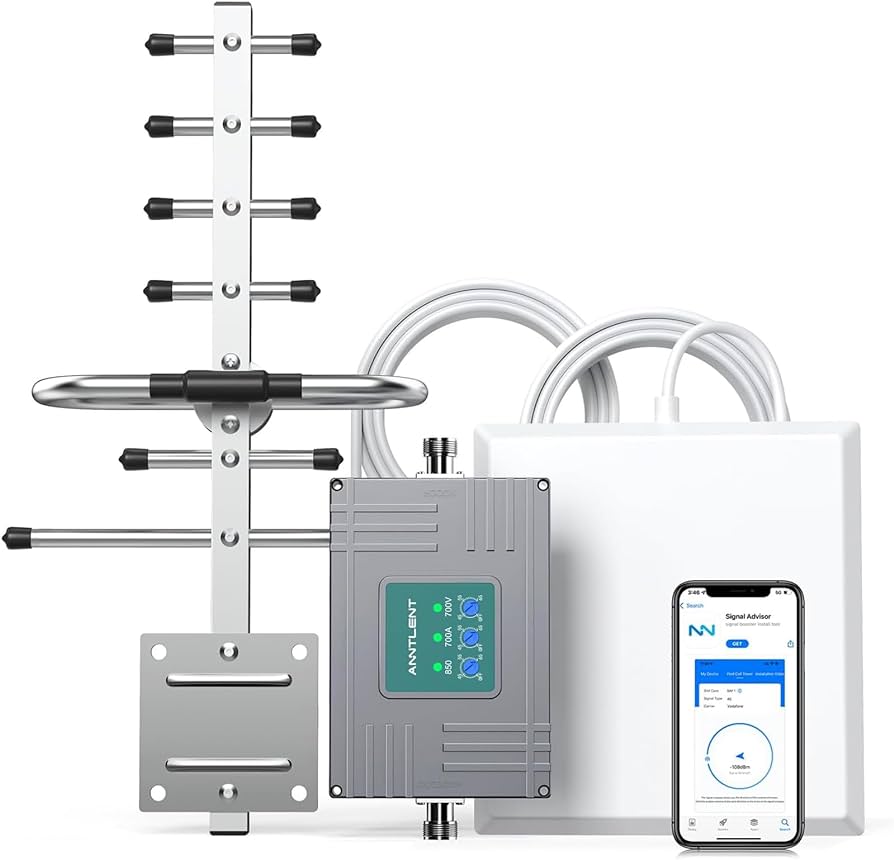
By following these steps, you can improve the performance of your cell phone signal booster, ensuring continuous and unhindered cell signal coverage. Remember, the key to gaining the most benefits from a signal booster lies in its correct installation and regular optimization.
Conclusion
A cell phone signal booster can be a significant investment if you're battling poor cellular signals regularly. While it comes with its set of challenges such as installation and costs, the advantages of clearer calls, faster internet, and better battery life on your devices may outweigh the cons. Like any other investment, understanding its complete functionality is crucial before deciding. This guide aims to provide you with exactly that.
Related FAQs about what is a cell phone signal booster
Are cell phone signal boosters safe to use?
Absolutely! Cell phone signal boosters are safe to use. They only optimize existing cell signals, thereby posing no risks to your health. Also, all boosters sold in legitimate markets are tested and certified by regulatory authorities for safety and compliance with preset standards.
What are the leading brands for cell phone signal boosters?
There are several reputable brands in the signal booster market. These include SureCall, weBoost, and HiBoost, each known for their quality and functionality. Different brands may excel in different areas, so one should choose based on their specific needs and budget.
Is a cell phone signal booster worth its cost?
The worth of a cell phone signal booster depends on personal circumstances. If you’re struggling with poor cell signal affecting calls, text messages, or data services, then these boosters can significantly improve your experience, making them worth the investment.


